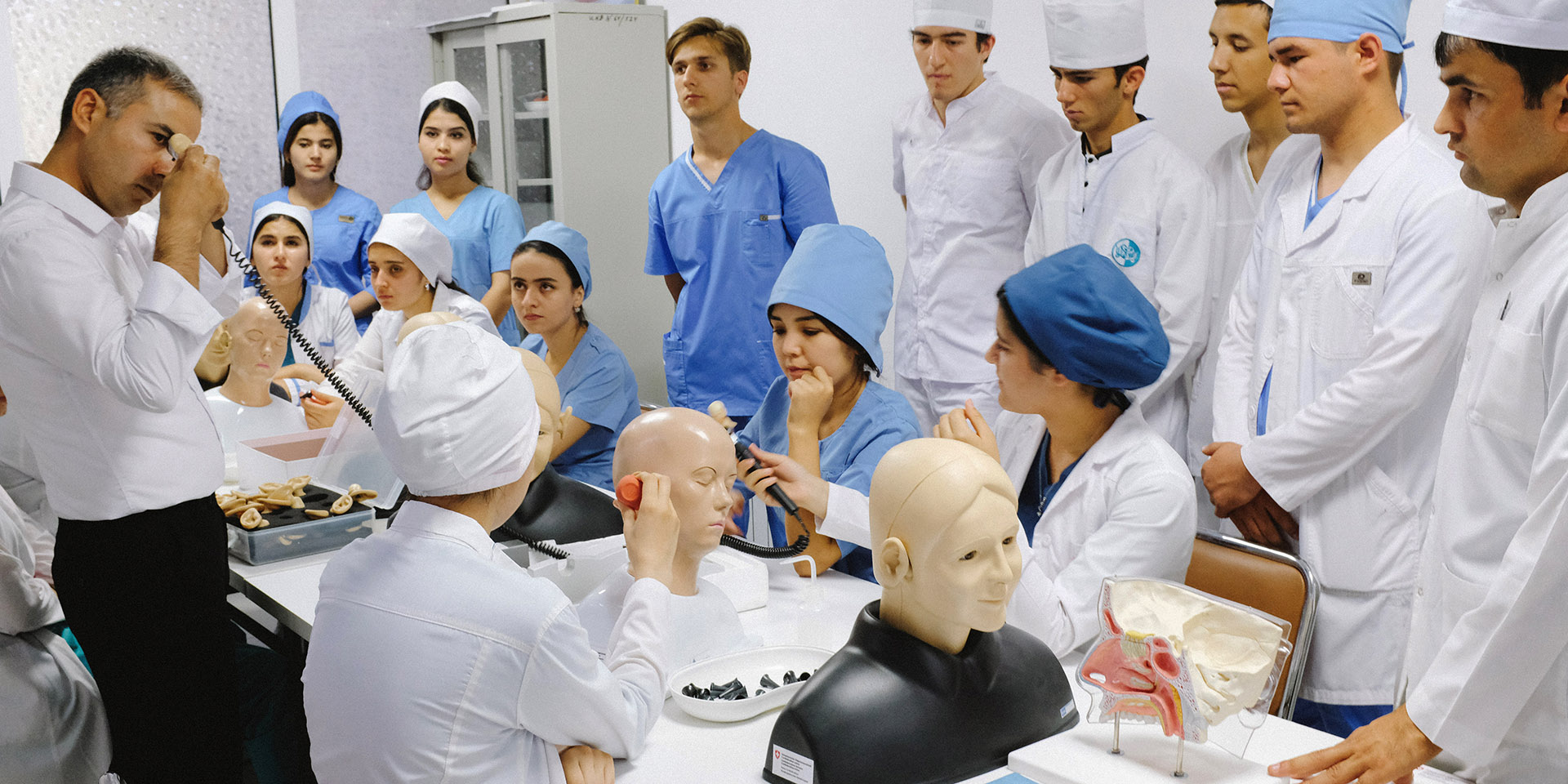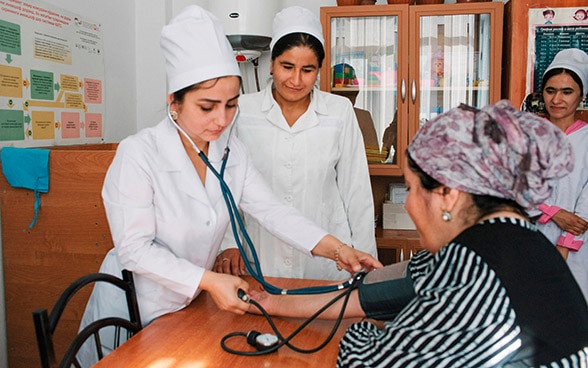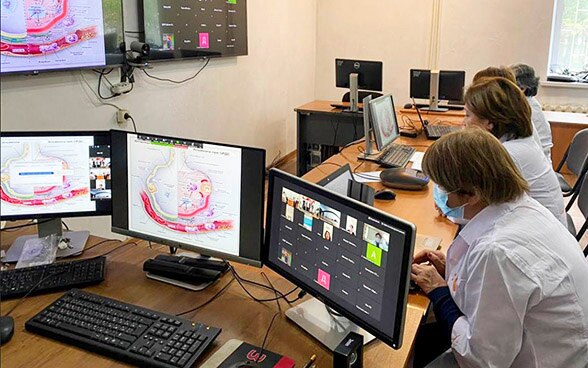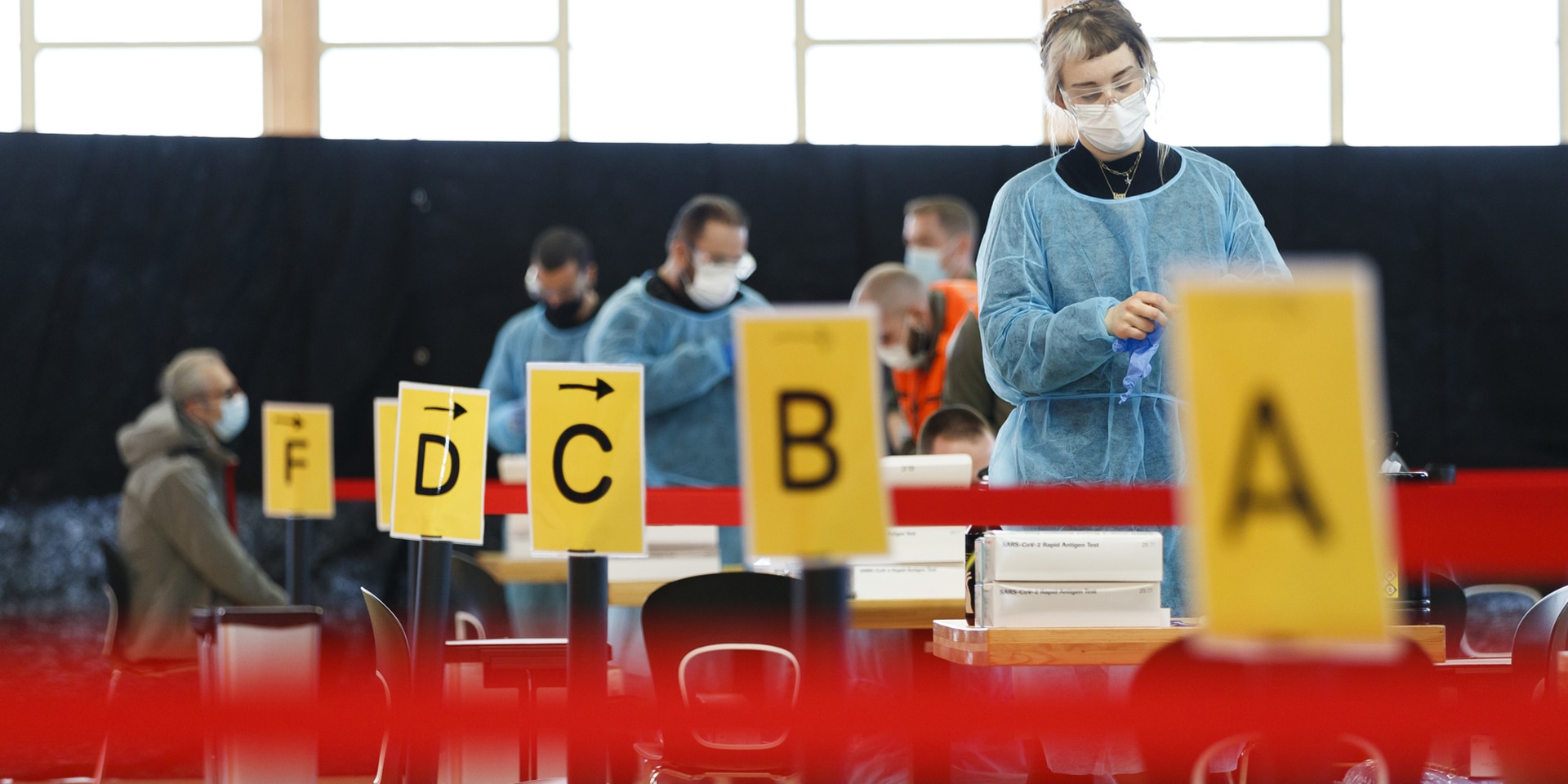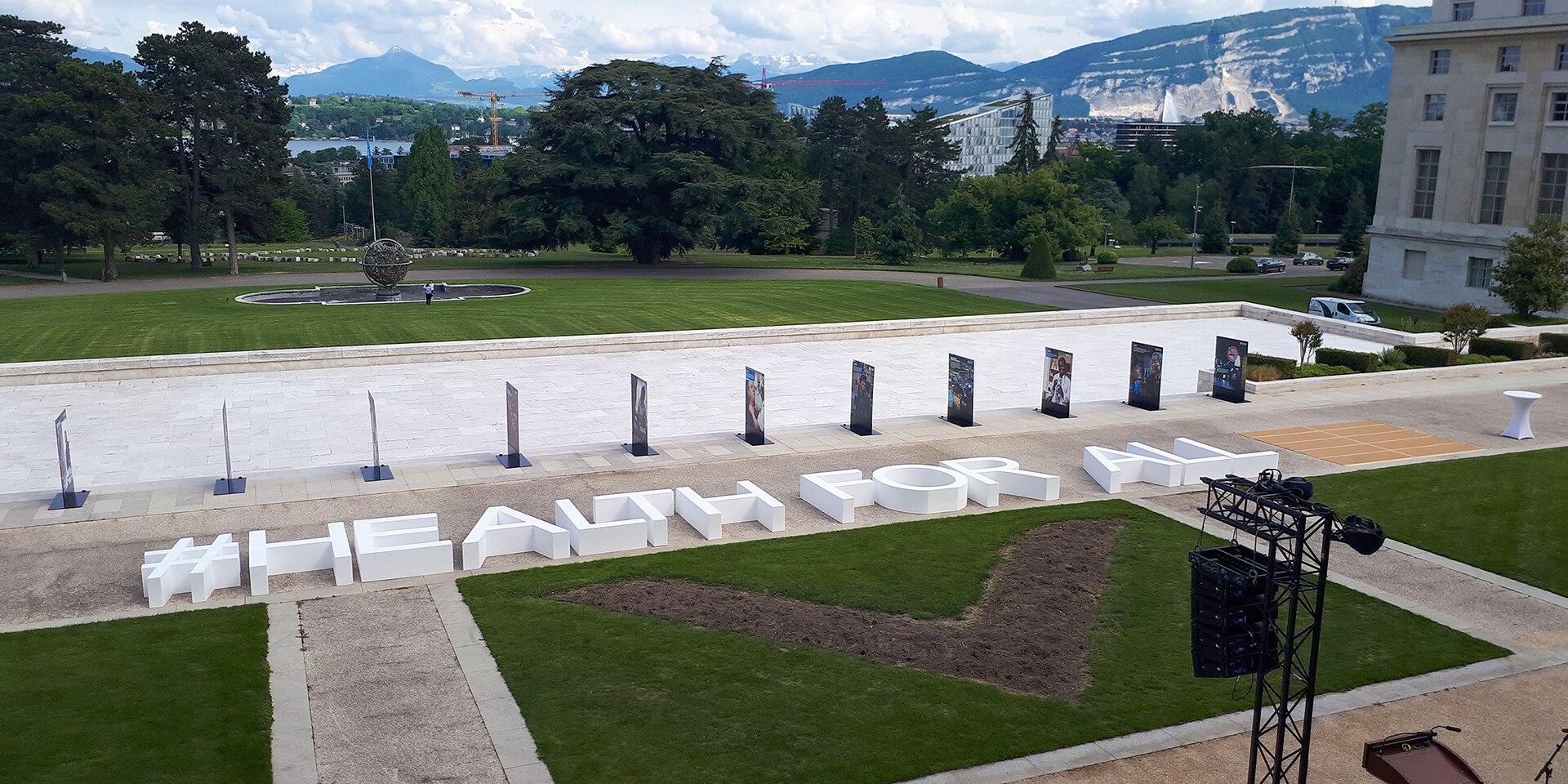Renato Galeazzi’s experience
For the Tajik doctors, who, in general, had begun working immediately after one year of specialisation, this meant providing more services to patients. The health system reform also addressed key social and economic aspects. “When it was suggested that medical universities adapt their programmes, the response was positive. The introduction of a modern curriculum promised to attract more students from Pakistan and to generate greater revenue for medical universities,” explained Renato Galeazzi.
The projects also placed an emphasis on post-graduate and continuous training, following an assessment of the professional requirements on site. “The proposals for multi-year post-graduate training with a clinical orientation, which is called 'Clinical Ordinatura' in Tajikistan, were very well received by medical practitioners and new graduates,” added Galeazzi. This decentralised training allowed for better clinical preparation of medical professionals and increased the presence of doctors in rural areas and not just in the capital. Moreover, the decentralised approach was applied to continuous medical training, which enabled doctors to participate in courses near to their workplace.
However, the training initiatives in Tajikistan were affected by dynamics relating to health facility funding that were based on a logic of tacit legitimisation of informal financial and relational transactions, rather than transparent and meritocratic recruitment processes. On one hand, this logic reflects one of the typical survival strategies of health systems with a chronic budget deficit, like that of Tajikistan among many others. On the other hand, it is rooted in a historical and cultural tradition of respect for loyalty that is completely context specific. Furthermore, the situation created a sort of culture shock between the local reality and the practices known in Western countries (practices that largely informed the approaches and recommendations proposed by the international experts involved in implementing the projects) and jeopardised the continuity of activities on several occasions.

